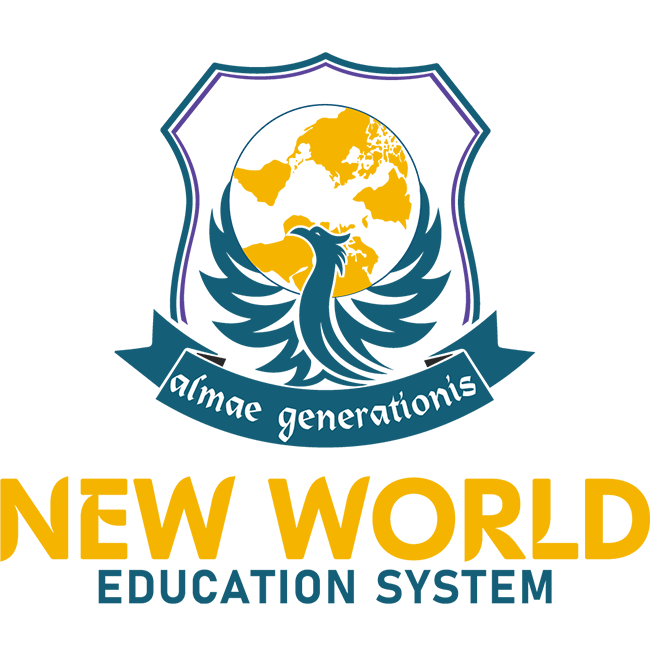We are following the British Early Foundation Stage Framework to design its curriculum for early year learners. The Early Years Foundation Stage (EYFS) is a curriculum framework that sets the standards for the learning, development, and care of children from birth to five years old. It provides a comprehensive approach to early childhood education.
The EYFS framework consists of four guiding principles, which shape the educational experiences for young children:
Unique Child: Recognizing that every child is a unique individual with their own interests, strengths, and abilities. The framework emphasizes the importance of understanding and supporting each child’s development and learning journey.
Positive Relationships: Fostering positive relationships between children and their caregivers, as well as among children themselves. Building strong bonds and creating a nurturing environment is seen as crucial to promoting children’s well-being and learning.
Enabling Environments: Creating stimulating and enabling environments that support children’s exploration, creativity, and critical thinking. These environments are designed to engage children through a wide range of resources and activities both indoors and outdoors.
Learning and Development: Focusing on the holistic development of children across seven key areas of learning, known as the “Prime” and “Specific” areas. The Prime areas include Personal, Social and Emotional Development, Communication and Language, and Physical Development. The Specific areas encompass Literacy, Mathematics, Understanding the World, and Expressive Arts and Design.
